Strategic - BRRRR (Buy, Rehab, Rent, Refinance, Repeat)
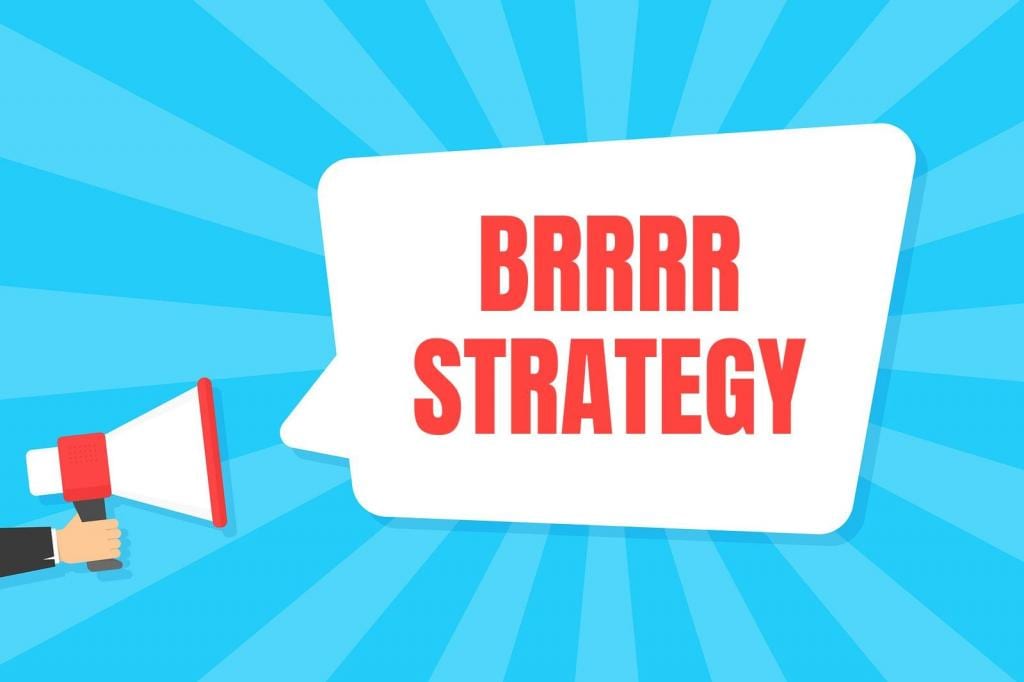
I want to talk to them about BRRRR (Buy, Rehab, Rent, Refinance, Repeat) strategy
I was recently exposed to the BRRRR strategy thanks to the BiggerPockets podcasts.
I want to give an explanation of BRRRR (from what I understood). I would love for the members and companies in the group who have experience with BRRRR
Examples / information from personal experience will be shared.
1. Buy
Buy property at 20% -30% below market price and actually get a profit already in Kenya
2. Rehab
There is a reason why properties are sold below the market seller and they usually require a small / large renovation
3. Clean
Once we have renovated the house it is time to rent it out
4. Refinance
After we renovated the property and entered a paying tenant. Give a mortgage on 60% - 70% of the property. Our ambition is to receive financing at the level of our investment or at least most of the investment, and that after all the expenses including the mortgage, we will have a positive cash flow.
5. Repeat
Once we have returned the investment money (or rifle) we have the opportunity to go back and buy another asset / s with the same money and thus replicate the plates over and over again
Investment example:
An asset whose ARV is K130 and requires K30 repairs,
We'll buy it at K61 (130 * 0.7 less 30 overhaul)
Total investment K91
After entering a paying tenant and bringing the property to market value K130,
We will take a mortgage on 70% of the value of the property that comes out of K91.
In fact, we returned the investment fairly quickly and still own the property owned by us and the bank (in case it is value-added only we enjoy it and not the bank).
Now even in case we were only able to get financing for 60% or we made a mistake on 10% in the ARV calculation or there is an overhaul of 10% overhaul.
So we will bring home K78 and in fact our money that remains in investment is K13.
Enough that we have 200 $ Cash Flow, this year $ 2400 $ we get 18% return on the money left in the investment.
The benefits
1. Savings on selling expenses
2. Savings on sales tax profits on sale
3. If the same money instead of buying just one property, you can buy multiple incoming ones
4. If there is an increase in value in the area, then there is a double profit on all assets (if there is a decline in value, the property can continue to be leased until the market corrects)
5. The initial investment can be returned within one to three years
* Relevant to Single Family as well as to * Multi Family
Of course, anyone who is not a US citizen will find it difficult to get a mortgage and even if they receive interest rates they will probably be high and therefore a partnership with a US citizen / citizen can help with the financing
The original responses to the post can be read here below, and of course you are invited to join the discussion!
- I agree with you about the end, as a foreign investor for a year trying to raise loans against the assets .. I will consider joining a local partner ..
- Agree with you for replication boundaries, the leverage is very high if you fall in the US real estate - dangerous
- Bull I heard that today too !!
- Two problems, the cost of an Israeli loan is very high.
After your Fifth Income Tax Asset will already put you into a marginal tax calculation and that should be taken into account.
So in the paramedic theory you offer kindly, in reality if it was that simple ……. I already had 4000 such properties. - Spetzo Lang I base much of my investment on this method. I really believe in it, but I'm still a dwarf compared to the numbers I know firsthand where people come from. The cachet of the method is that it is actually difficult to find transactions that meet the criteria, especially when our ambition is to leave as little cash as possible. This is a complex and interesting subject, and there are drawbacks to the method here. In my opinion, this is a great way to gain a lot of knowledge in the markets you are dealing with, because it makes you look at aspects of both rent and sale (rather the value the bank gives to the home)
- Chen Lerner
- Great post, thanks!
- Well done my brother ???????
- Ran Greenoiz
- Kobi Ben-hayun
- Getting loans is more difficult, but not impossible for Israelis. Consider a lower loan-to-value ratio, which will slow the process but also simplify it.
The key is that with multiple assets, you can inject additional money into the oldest or most expensive mortgage payment, and significantly reduce the time it takes to repay the loan with great savings on interest rates, and an opportunity for another loan repayment to repay debt ... - The idea is excellent, so also the disadvantages:
1- You have up to 10 mortgages
2 - To get a market value and not a contract value, you have to wait between six months and a year
3 - You need to have a cash account for six months of repayment per asset, which can reach hundreds of thousands of dollars in recent mortgages.
Successfully! - What is the average mortgage interest rate for a foreign resident? What numbers are they talking about?
- I did it before I knew it was a strategy. Prior to the process, 3 had free properties bought at the beginning of my journey. Last year it was already doubled and I pulled 65 percent of it and with the money I bought more 2. The 7 hell section process so that the last one is down below?
- Can tell you that as someone who sees investors from the other side…
As an accountant and as someone who connects US funding ...
Check well the financing / leverage for foreigners - Sounds grateful to me for the detailed information
- Udi Zecharia
Yogev Ben David - Excellent and familiar strategy talk about it full on BP.
As an American citizen I can attest that this strategy has been similar for years and works great! Today interest rates are around 5 a fixed percentage of 30 a year for a local investor - If I (a resident of Israel) buys a property with a US citizen, can we still refinance the interest of a US citizen or the bank will have problems?
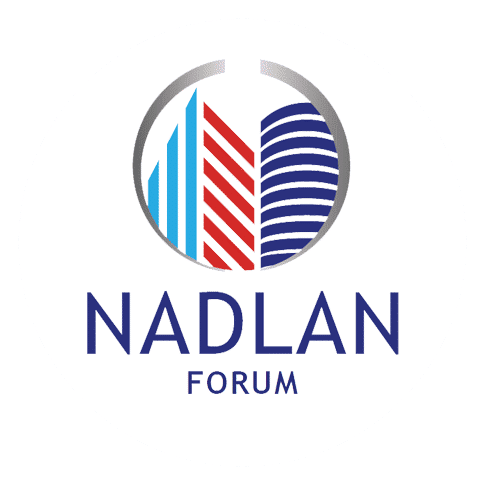























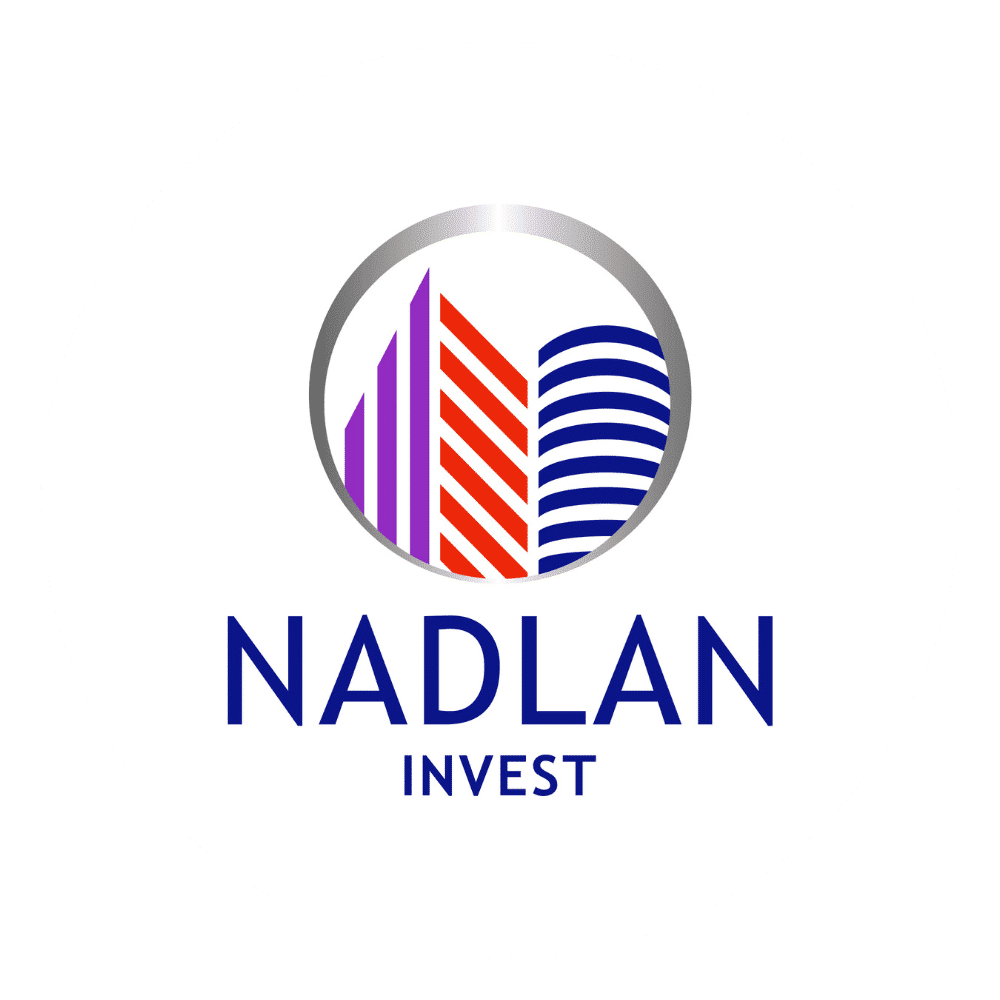


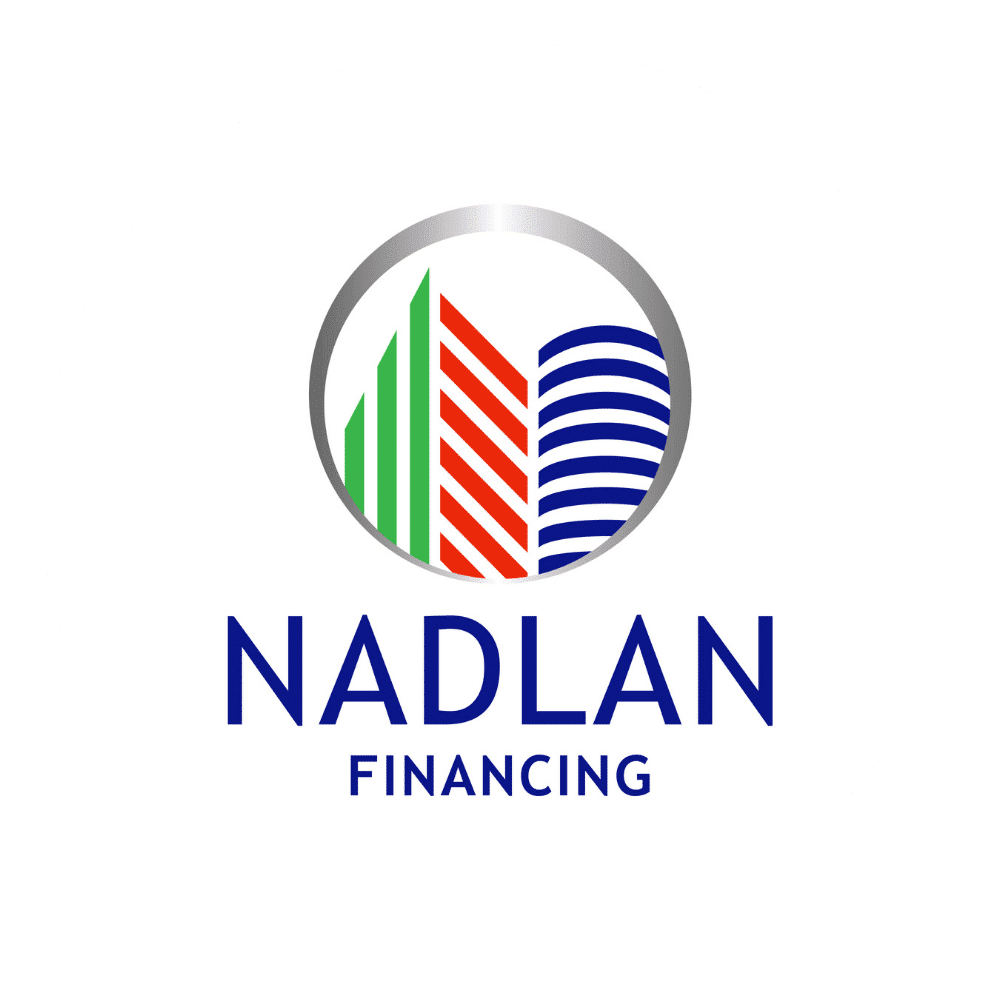


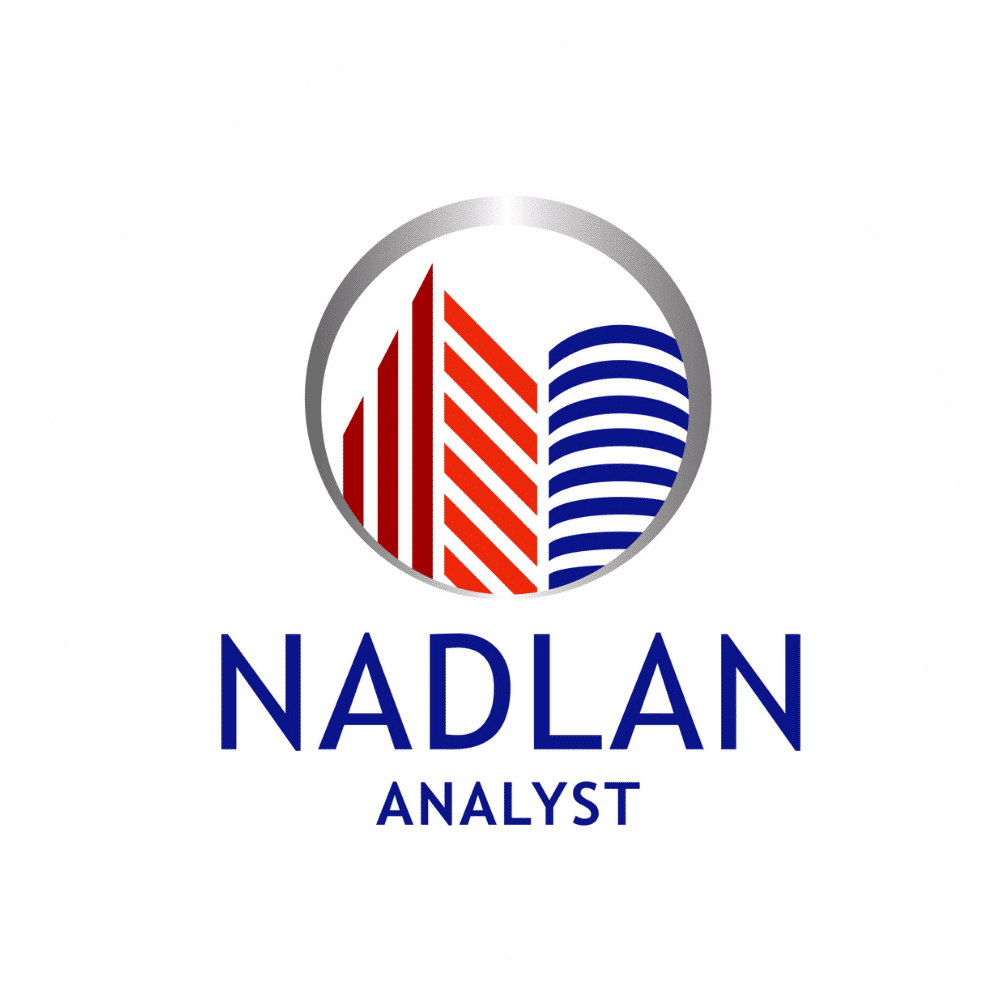
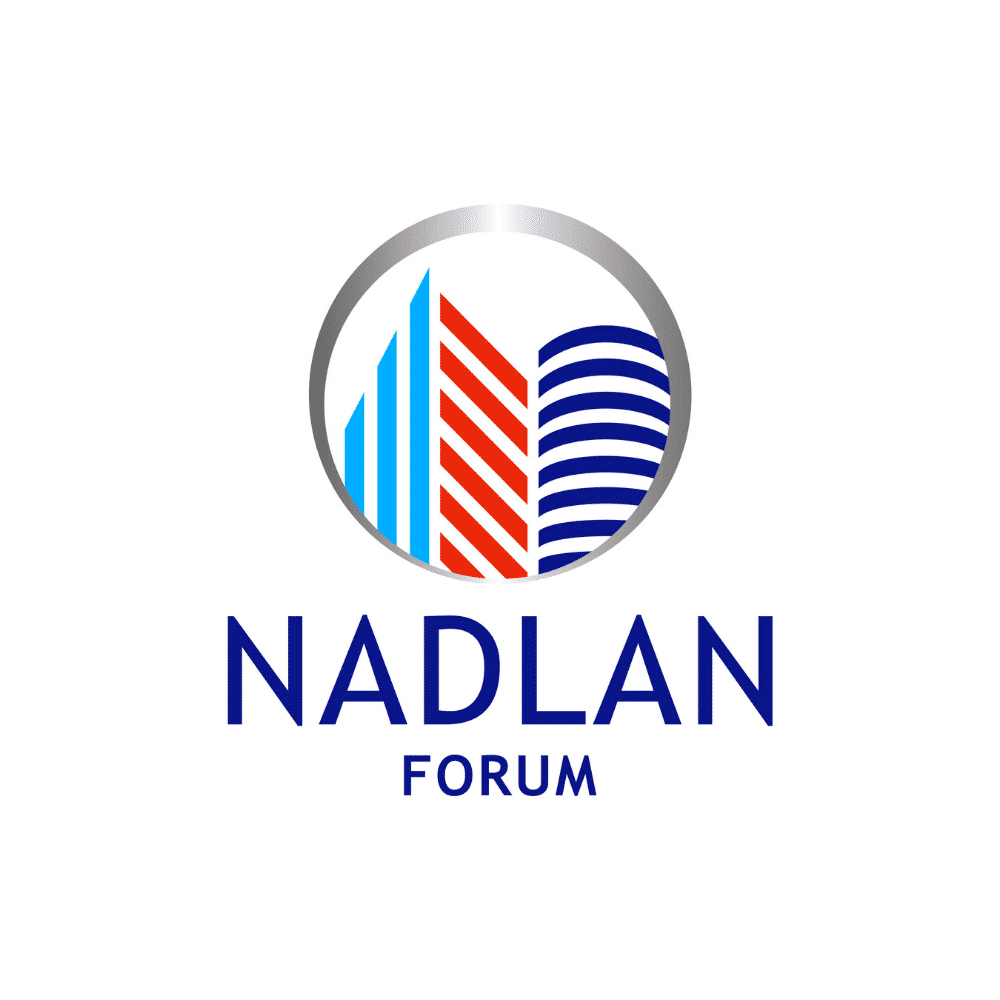
I agree with you about the end, as a foreign investor for a year trying to raise loans against the assets .. I will consider joining a local partner ..